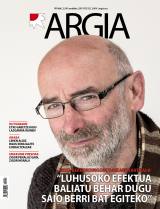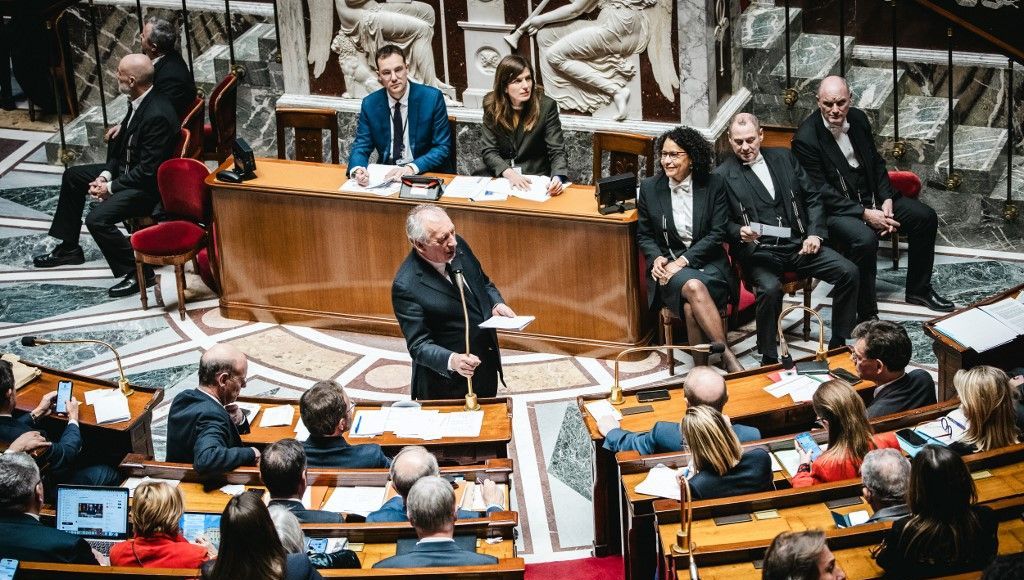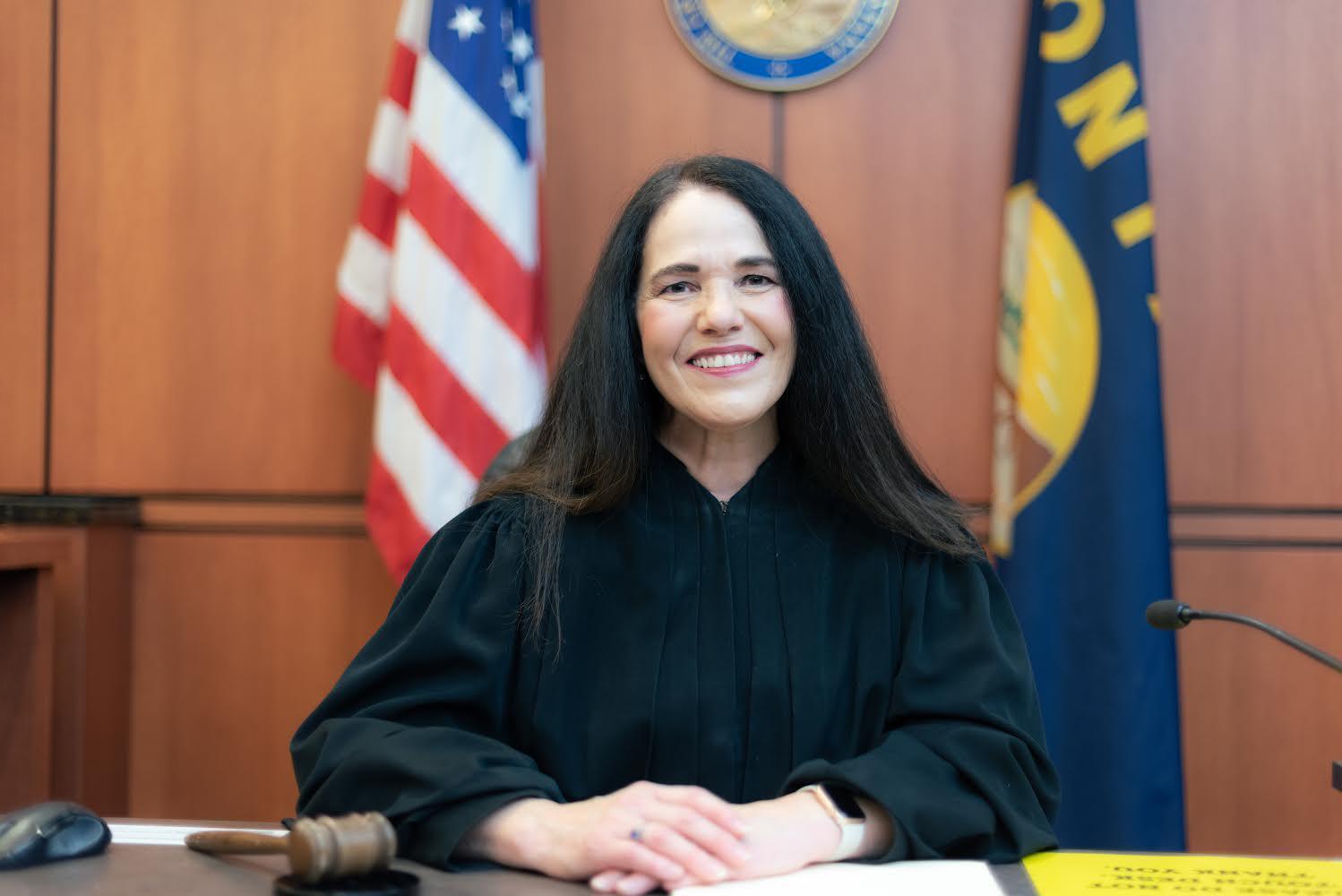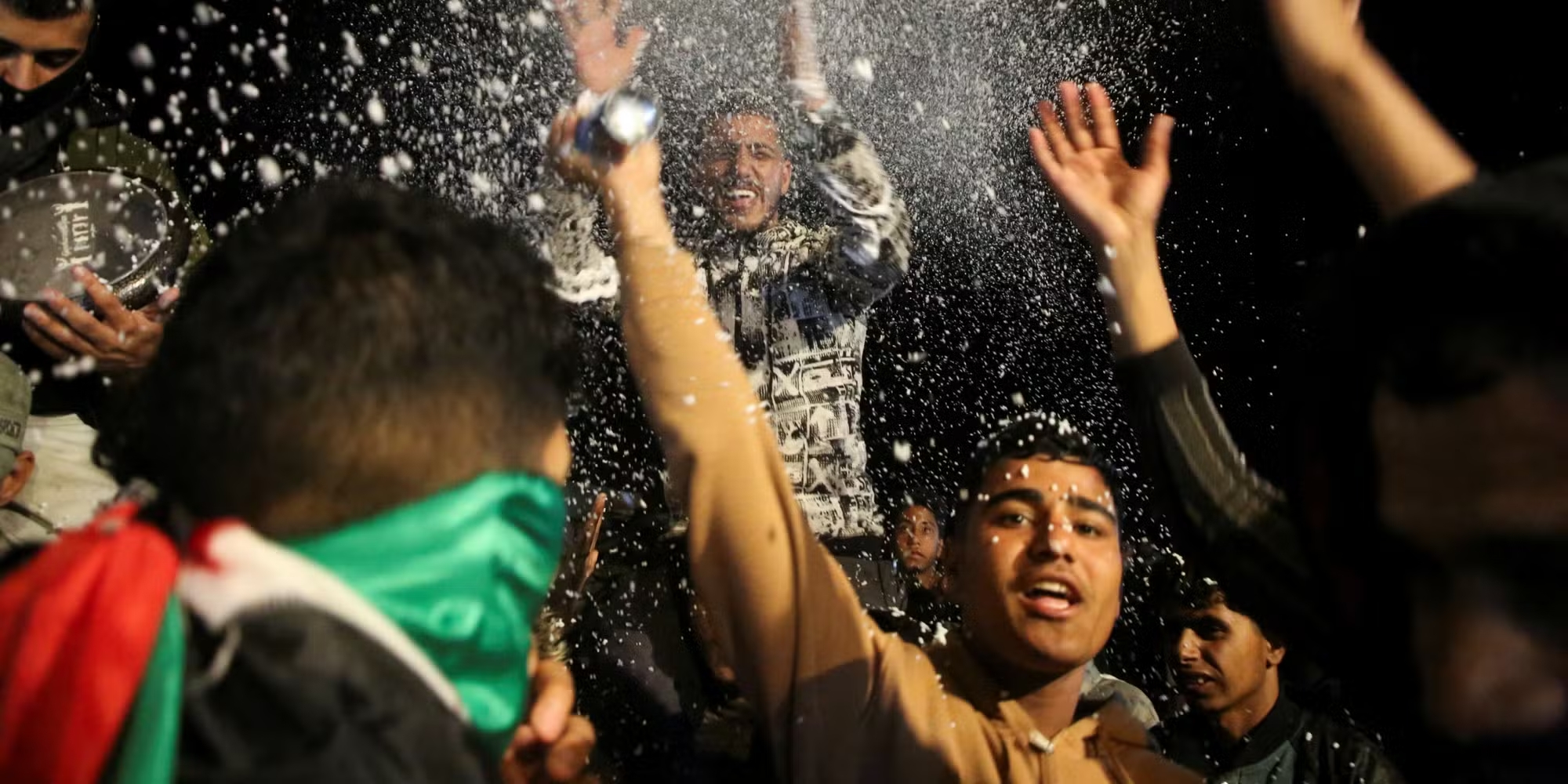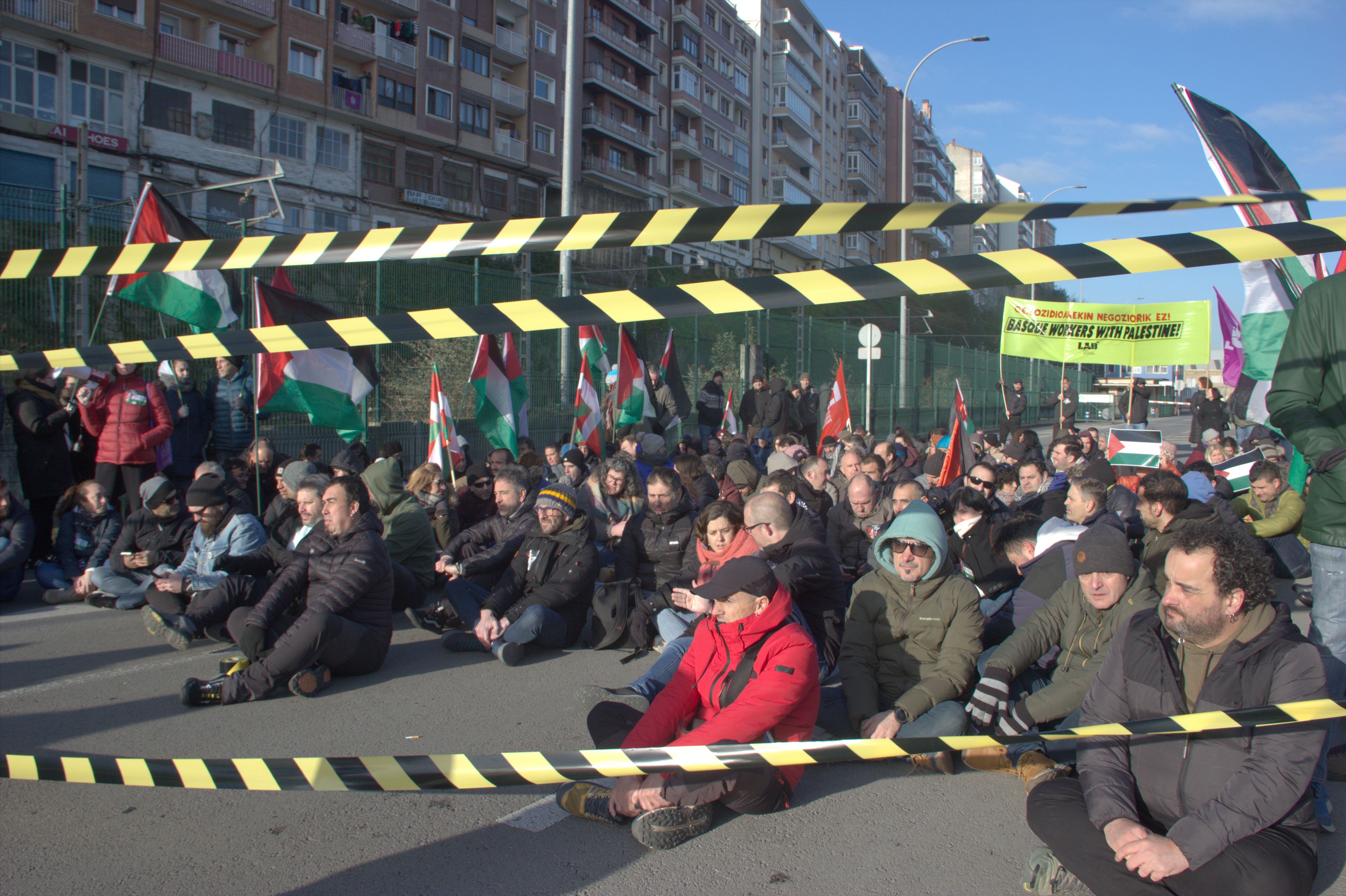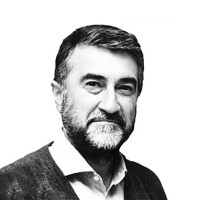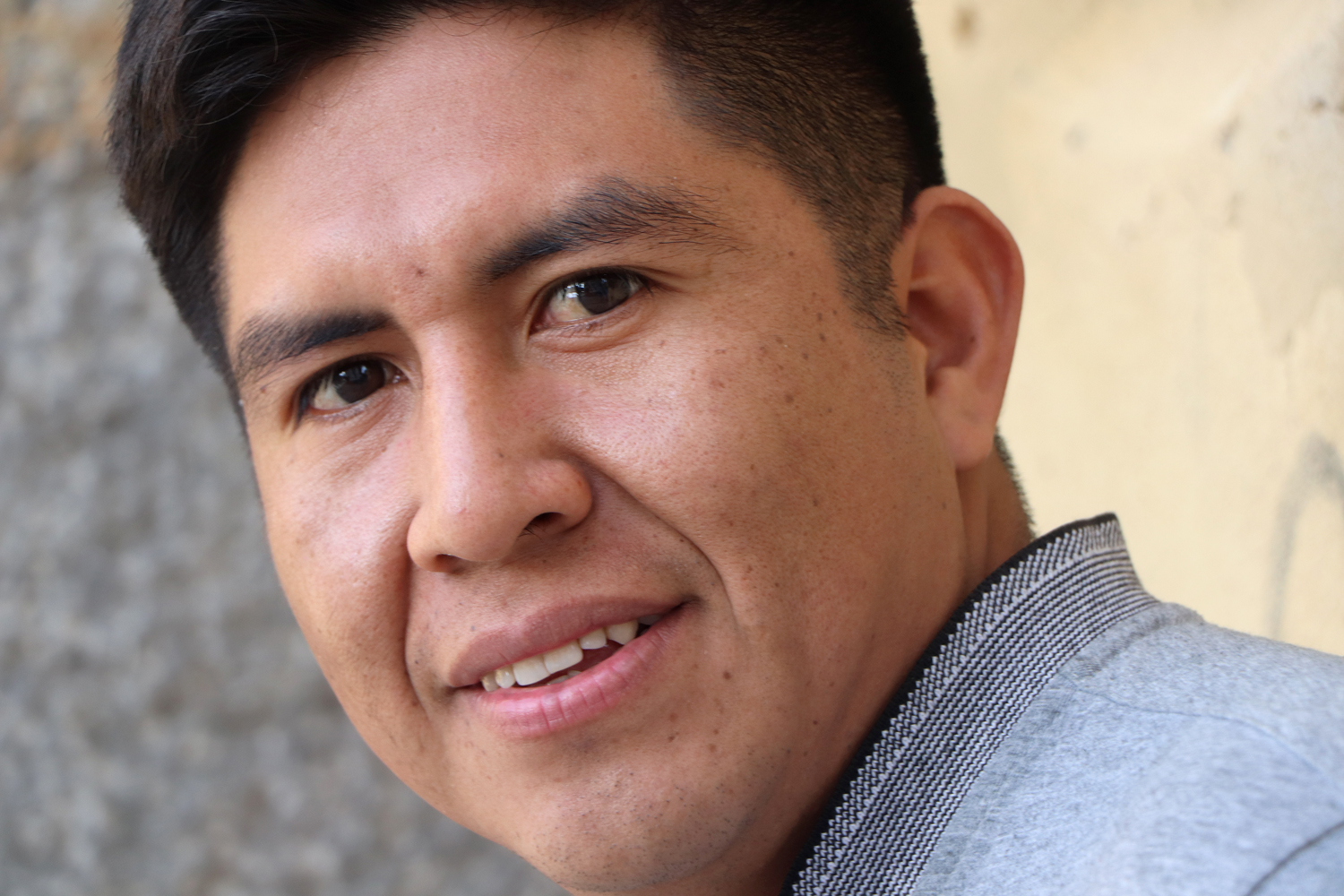A solidarity link
- Tourists arrive every day in the form of a storm to the Iguazu National Park of Argentina. They are stacked dazzled in the walkways parallel to the waterfalls. However, at the exit of the capital of Alavesa the plane or bus, which head to the next tourist destination. They have no interest in further exploring the province of Misiones. “I, today, would not live anywhere else,” said Olga Leiciaga. The 78-year-old woman was born in the village of Saladillo, in the province of Buenos Aires. He currently resides in the town of Corpus Christi, in Misiones, where he is president of the Eusko Etxea association.
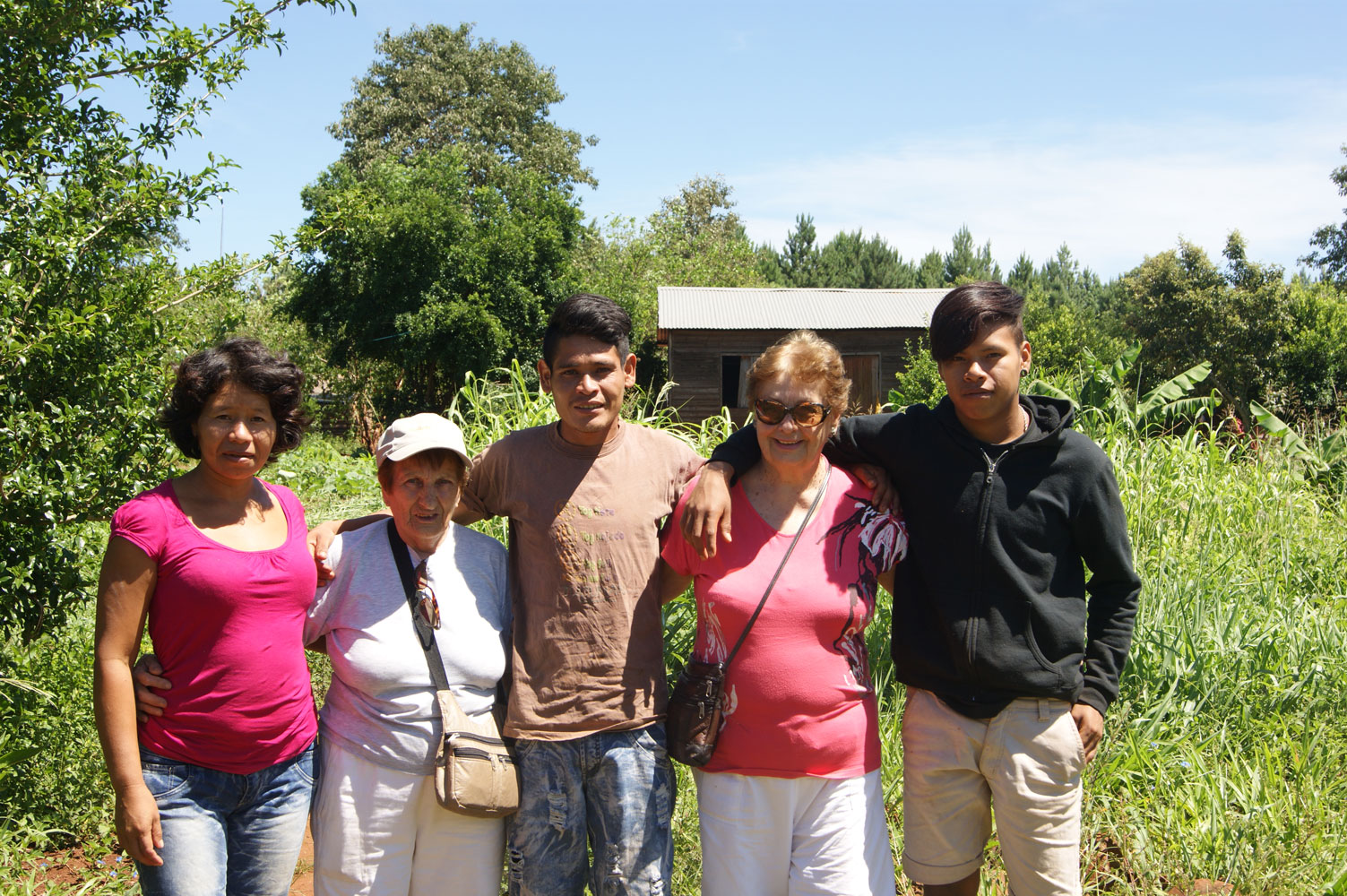
Given the peculiarities of the territory that surrounds us, the Corpus Christi is an unconventional Basque. It is characterized by its work with the Mbya-Guaraní communities. Looking at the map of Argentina, the province of Misiones is a small branch located in the northeast. Brazil surrounds it on the one hand and Paraguay on the other. The limit with Paraguay is set by the caudalose Paraná River. Despite police controls, people in the area know that the border with Paraná is easily overcome. This is a common practice involving drug traffickers and drug traffickers. “Most of them know who they are and also the police. But it does not intervene, usually because it is part of the business,” explains Olga Leiciaga. Corpus Christi is another of the main features of the environment, the forest that reaches the edges of the route. Leiciaga has stated that in its day it was a forest, but that in the last decades hundreds of hectares have been filled with pines: “They are destroying the jungle to make money with the sale of wood.” In the tree-free areas, the plots of mates and teas predominate.
Corpus Christi was founded in the 17th century by the Jesuits. At that time they came to the present province of Misiones with the intention of evangelizing the communities of the original Guarani people. At present, there are several Guarani communities living in villages in the centre of the forest. They continue to struggle to maintain their former language, culture, customs, beliefs and lifestyles, confronting the onslaught of a system that is alien to them. Once this reality is known, the members of Eusko Etxea de Corpus began their journey in 2005 with the objective of working for these communities. The majority of the inhabitants of the Corpus are descendants of European migrants. And among them are the Basques too.
Eusko Etxea is based in a wooden house. It is a library open to all the Corpus's neighbours, which has a large space dedicated to Basque issues. They organize talks and work on the creation of a group of Basque dances. Guaraní is, however, a work that is different from dozens of other Basque centers in Argentina. The Basque Center managed to contact the communities close to Corpus. “Hardly, because they are quite closed. Mistrusted from abroad,” said Ana María Macchi. Olga Leiciaga recalls the first meeting they held with the journalists who lead the communities: “They told us about their main problems and difficulties.” From there, one of the lines of work of the Basque House has been to help the Guaraní to cope with the obstacles they encounter in their daily lives.
Various fronts for fighting
Damián Rodríguez is a journalist from the Venei mbya-guarani community. He summarizes his current reality: “We maintain our culture and our ancestral wisdom, but we have increasing difficulties. In order to survive, we have had to adapt to a system that is not ours. Our ancestors had all the economic resources. Now the forest is crumbling and there are no fish in the river because they have rushed. We have to buy food and to do so we are forced to work outside the community.” The problem of communities is that of the Earth. They currently live on land owned by private or governmental owners.
Another purpose of the members of Eusko Etxea has been to offer training to work these lands. On the contrary, they have encountered great difficulties. For example, in many communities there is no water flow, which makes it difficult to grow the vegetable garden. They don't have electricity in many cases either. “They’re a hindrance to landlords. Not giving any service is a way of forcing people to leave the territories,” said Ana María Macchi. He has stated that the state and provincial authorities are already aware of these precarious situations. But they do not take the appropriate measures: “Instead of offering them land, tools, training and development tools, they give them money.”
This further complicates the situation. On the one hand, because many people in the Guaraní communities are satisfied with these subsidies. “They get used to living through subsidies and neglect other activities,” Macchi said: “In most communities, for example, they no longer do crafts.” Furthermore, the unavoidable need for subsidies creates dependence on the politicians in power. Olga Leiciaga has called on the action unit to deal with injustices. Members of the Eusko Etxea association have participated in the protests and mobilizations of the Guaraní that have taken place. “We have to draw the attention of the media in Buenos Aires. That’s what moves politicians,” said Leiciaga.
Advances in education
The members of the association Eusko Etxea consider that education is the main tool to reverse the situation of the communities. It is in this area that the greatest achievements have been made. In 2011, a small school was built in the Tavá Miri community, thanks to a donation from the Provincial Council of Gipuzkoa. Ana Maria Macchi stressed that the school has created an interesting intercultural exchange: “The rest of the people who lived near the school also send the children. Today, half of the students are white or mestizo.” The Guarani community has welcomed children from other backgrounds. The community of Venei Itati Brizuela notes that the same does not happen when they send children to ordinary schools: “They suffer terrible discrimination, as in hospitals and in many other places.”
These are bilingual schools located in Guaraní communities and working on Guaraní habits and culture. This step has been accomplished because young people from communities have been able to pursue teaching studies. “We also want lawyers and attorneys to defend our rights,” said Itati Brizuela: “And doctors, to serve our people.” Brizuela is a nurse and Posadas works in the city hospital. It is concerned about the state of health of the Guarani communities: “There are emerging diseases that didn’t exist among us before: tuberculosis, RI (Haemophilus Influenzae type B vaccine), etc.”
The Basque Centre Eusko Etxea de Corpus has also launched a new initiative to support education. Copies of the only Mbya-guarani-Castilian dictionary they had in a school have been made and distributed in the other centers. The Mbya-Guaraní communities of Misiones make a great effort to maintain the old language. They have therefore been particularly interested in receiving, through the Basque Centre of Corpus, the information that has come to them about the Basque Country. “Above all, the Basque language is the language and the work of maintaining it,” explained Olga Leiciaga. There are thousands of kilometres between the Basque Country and the Guarani communities of Misiones. However, the Basque Centre of Corpus has managed to create a natural relationship.
There was no one or all. That we all suffer at least if the necessary changes are not made so that no one suffers the climate emergency. You – reader – I – Jenofá-, they – poor – and they – rich. The fires in Los Angeles did not give me satisfaction, but a sense of... [+]
Donald Trump will take office again on January 20 and will resume office as President of the United States. If, in the previous mandate, 2017-2021, he was not shameful in decision-making, in this mandate he will remove those scarce complexes and do whatever he wants, as the... [+]
The new Syrian president has withdrawn his hand to the chest of the German Foreign Minister, the minister, and denied him the handshake. Politely, Annalena Baerbock suffers contempt. Before that, the Syrian Al-Golani has reached out to the French Foreign Minister, Jean-Noel... [+]









